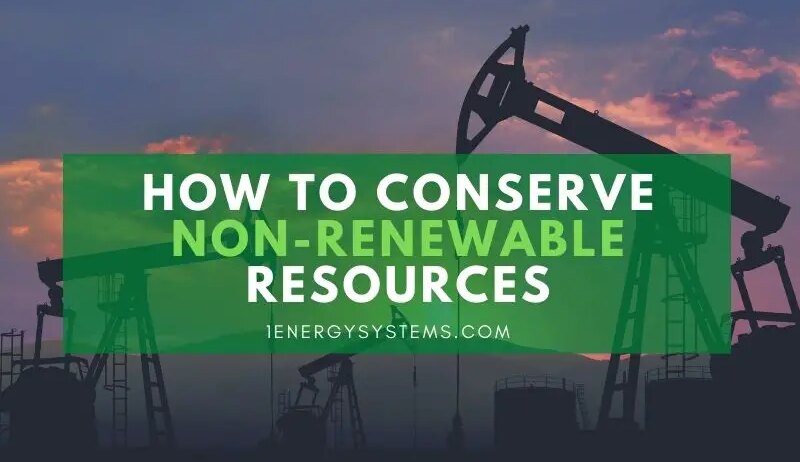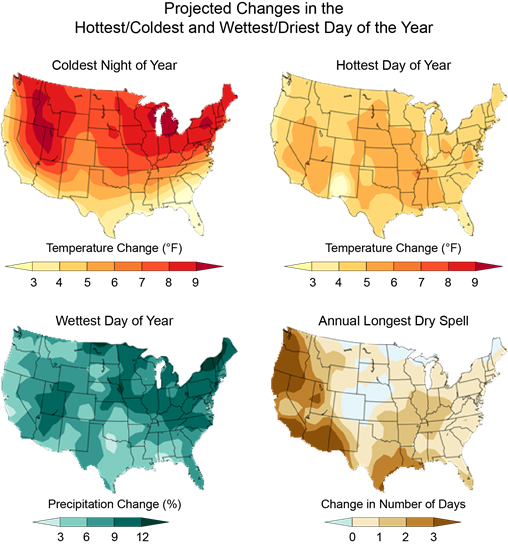As the world progresses further into the 21st century, the imperative to conserve non-renewable energy resources emerges with unprecedented urgency. Non-renewable energy sources, such as fossil fuels and nuclear energy, have served as the bedrock of industrial civilization. However, their finite availability, coupled with the profound environmental repercussions stemming from their utilization, necessitates a comprehensive approach to conservation. This discourse elucidates strategies for the prudent management of these invaluable resources.
To initiate the exploration of conservation methods, it is beneficial to delineate the types of non-renewable energy resources. Primarily, fossil fuels, which include coal, oil, and natural gas, are predominantly employed for electricity generation, heating, and as fuels for transportation. Additionally, nuclear energy, garnered from the fission of uranium or thorium, also falls under the non-renewable umbrella. Each of these energy types presents distinct challenges and opportunities for conservation. It is vital to understand their roles in our energy ecosystem to develop effective strategies for their preservation.
One of the most efficacious strategies for conserving non-renewable energy lies in the enhancement of energy efficiency. This initiative spans various sectors, including residential, industrial, and transportation. For homeowners, simple measures—like utilizing energy-efficient appliances, optimizing insulation, and employing programmable thermostats—can drastically curtail energy consumption. The adoption of LED lighting, for instance, can reduce energy usage by approximately 75% compared to traditional incandescent bulbs. In the industrial sphere, modernizing machinery and processes not only conserves energy but often leads to financial savings as well. Organizations can realize these benefits through the implementation of energy audits and the integration of advanced technologies.
Transport, a significant consumer of fossil fuels, offers myriad opportunities for conservation. The transition towards electric vehicles (EVs) marks a paradigm shift in how society approaches transportation. However, fostering the use of public transport, carpooling, and non-motorized transport alternatives, such as biking and walking, are equally paramount. Urban planning initiatives that prioritize walkable and bike-friendly infrastructures can further mitigate reliance on fossil fuel-powered vehicles.
Moreover, behavioral adjustments at the individual level can lead to substantial conservation impacts. Encouraging collective mindfulness concerning energy use often entails advocating for minimalistic lifestyles and promoting the “reduce, reuse, recycle” ethos. Awareness campaigns that illuminate the connection between daily activities and energy consumption can galvanize consumers to make more conscientious choices. For instance, simply turning off lights and unplugging devices when not in use, can cumulatively save significant energy resources.
In parallel with these conservation measures, the transition towards renewable energy sources must be accelerated. This shift is pivotal to alleviate the pressure on non-renewable sources. Investing in solar, wind, and hydroelectric energy diminishes reliance on fossil fuels and simultaneously fosters energy independence. Communities and individuals must leverage government incentives aimed at transitioning to renewable energy systems. The installation of solar panels is a prime illustration; numerous states offer tax rebates and grants that can offset initial investment costs.
Furthermore, the role of policy in conserving non-renewable resources cannot be overstated. Government strategies that implement stringent regulations on emissions, promote renewable energy adoption, and incentivize efficiency improvements are imperative. Policies that endorse carbon pricing can drive industries to innovate and reduce dependency on fossil fuels. International agreements, like the Paris Agreement, unify countries in an overarching goal to mitigate climate change effects, indirectly influencing resource consumption patterns. Advocacy for such policies is pivotal in manifesting systematic changes that protect these resources for future generations.
Incorporating educational programs into school curriculums can instill environmental stewardship values in youth. By nurturing awareness of the finite nature of non-renewable resources, future generations can be inspired to foster innovations that further enhance conservation efforts. This proactive approach can encourage a culture of sustainability from a young age—one that prioritizes ecological balance alongside technological advancement.
Technological innovation emerges as yet another critical facet of resource conservation. Engineering breakthroughs that lead to the development of cleaner extraction methods, enhanced energy storage capabilities, and carbon capture technologies can extend the utilization lifespan of non-renewable resources. Research and development investments can stimulate such innovations, further diminishing the ecological footprint associated with energy production.
Ultimately, through an assemblage of enhanced energy efficiency, behavioral modifications, educational initiatives, progressive policy formulation, and technological advancements, it becomes feasible to conserve non-renewable energy resources. The stewardship of these precious commodities cannot be relegated to individual sectors but must encompass a holistic approach, galvanizing collaboration between governments, industries, communities, and individuals.
As the continuing narrative surrounding climate change and environmental preservation evolves, the conservation of non-renewable energy resources will undoubtedly remain a pivotal and pressing concern. Through conscious action and an unwavering commitment to sustainable practices, society can navigate towards a future that minimizes reliance on finite resources, safeguards ecosystems, and secures a habitable planet for subsequent generations.








